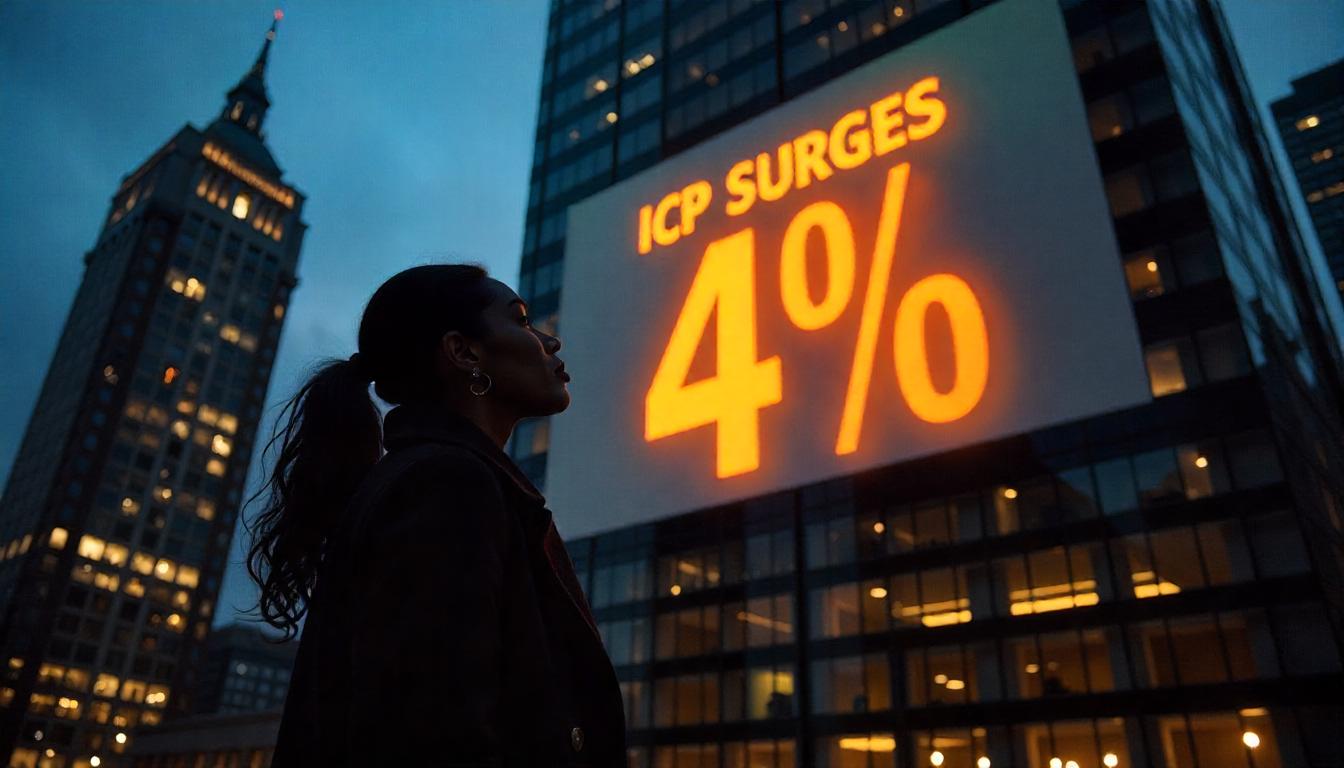Accumulator Strategy Beats Dollar-Cost Averaging for Corporate Bitcoin Buyers, Study Finds
Corporate interest in bitcoin has grown significantly, with many firms adopting buy-and-hold strategies reminiscent of dollar-cost averaging (DCA). But new research suggests an alternative might deliver better results.
Crypto options market maker Orbit Markets has revealed that since 2023, DCA has underperformed a structured financial product known as an “accumulator”—a tool nicknamed “I Kill You Later” in traditional finance for its high-risk features.
“Our backtest results show that the accumulator strategy outperformed DCA over the past 2.5 years,” said Pulkit Goyal, head of trading at Orbit Markets, speaking to CoinDesk. “Three-month accumulators outperformed DCA by 10%, while six- and twelve-month accumulators did even better—by 13% and 26%, respectively.”
Goyal noted that accumulators provide a disciplined, cost-efficient way to build crypto holdings, making them “a natural fit for corporate treasury strategies.”
How Accumulators Work
While both DCA and accumulators are designed to avoid the pitfalls of trying to time the market, they differ significantly in execution.
- Dollar-Cost Averaging (DCA) involves investing a fixed amount at regular intervals, buying more units when prices fall and fewer when prices rise.
- Accumulators, however, let investors acquire assets at a fixed, discounted strike price on a set schedule. But there’s a catch:
- The investor must buy the asset at the strike price, regardless of market conditions.
- If the market price drops below the strike, the purchase obligation doubles, potentially forcing investors to buy above-market prices—a feature responsible for the strategy’s dramatic nickname.
- A price surge to a predetermined knock-out level terminates the contract early.
An Example of a Bitcoin Accumulator
Consider a three-month BTC accumulator where an investor agrees to purchase $1,000 of bitcoin each week at a strike price of $94,500—about 90% of the spot price of $105,000.
- If bitcoin trades between $94,500 and the knock-out level of $115,000, the investor accumulates BTC at the discount.
- If prices exceed $115,000, the accumulator ends early.
- If bitcoin falls below $94,500, the investor must double their purchase to $2,000 at the same strike price, potentially overpaying relative to the market.
This risk means accumulators are unsuitable for day traders or short-term speculators and may underperform DCA during bear markets.
Backtest Results Favor Accumulators
Orbit’s backtest covered rolling three-month BTC accumulators from January 2023 to mid-June 2025. Results showed:
- Accumulator strategy averaged a bitcoin acquisition cost of $39,035—10% lower than the $43,329 average cost under weekly DCA.
- Longer-term accumulators delivered even better outcomes:
- Six-month accumulators achieved an average cost of $37,654, a 13% advantage over DCA.
- Twelve-month accumulators averaged $32,079, beating DCA by 26%.
Although DCA remains popular for its simplicity and lower psychological stress, the study highlights that, especially in bullish markets, accumulators might be a more cost-effective strategy for corporates looking to build substantial bitcoin holdings.





